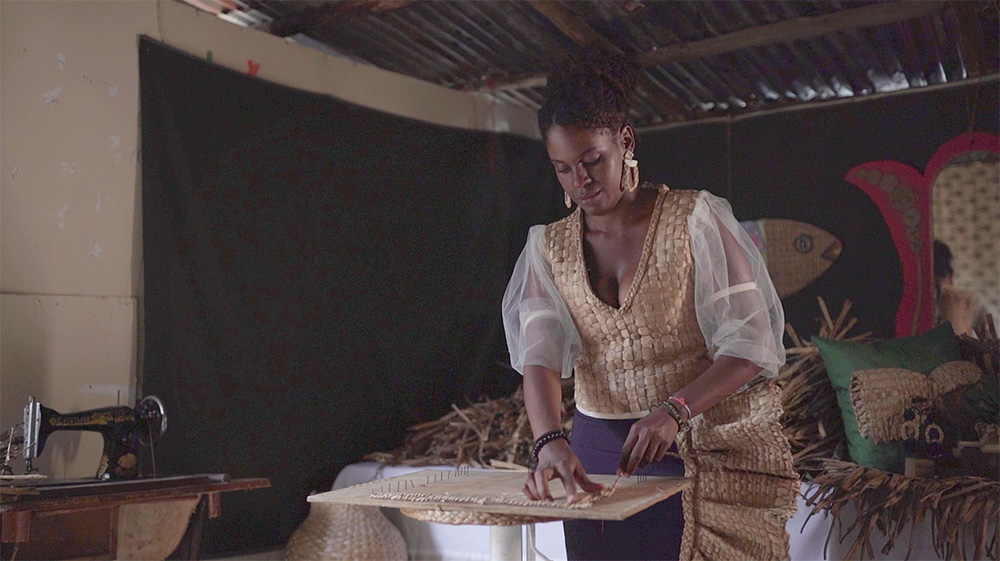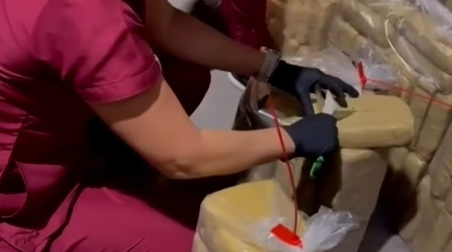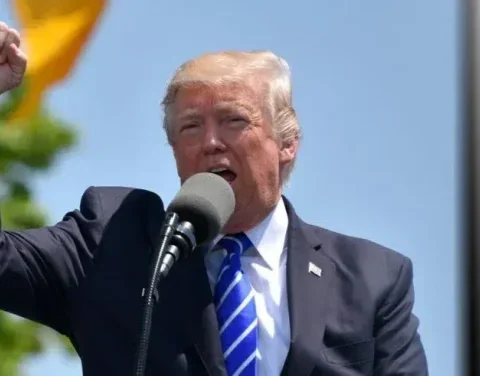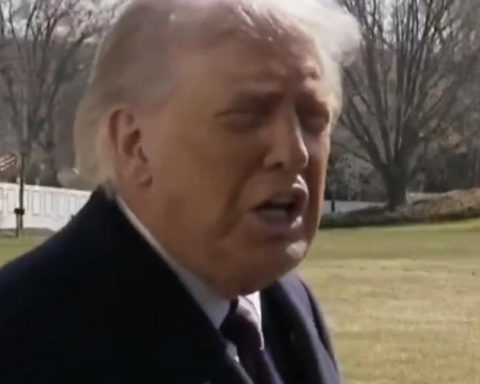A few days ago, Law No. 31498 was published, a law that promotes the quality of educational materials and resources in Peru, approved by the Congress of the Republic. There are several authorities and groups that have spoken out against this rule.
On the one hand, it has been indicated that this law limits the powers of the Ministry of Education for the preparation of educational materials, texts and resources and on the other hand, the Ombudsman’s Office has indicated that the conditioning of the publication of educational materials on prior consent of parents constitutes a dangerous precedent for all public policies, establishing a right to veto, generating instability and lack of legal certainty for the protection of the human rights of individuals and, particularly, of students.
What are the impacts of the standard? In the first place, the role of the Ministry of Education in defining educational content is limited. Although the involvement of families in the learning and training processes of children and young people is key, it is the function of the educational authority to define the contents of books and materials under strictly pedagogical criteria. On the other hand, how many groups and associations of parents exist? How can one prove that one has the representation of a group or group? Finally, what happens if there are three different positions on a certain topic? Who ultimately defines it?
I do not imagine the regulation of this law. Is it something simple that can be understood by each of the participants in these meetings where what goes or doesn’t go in school textbooks is defined?
This regulation will have to be very clear to avoid entrapments that lead us to not have the texts at the beginning of the school years.
![[Opinión] Jorge Yzusqui: School textbook law, an advance or a setback? [Opinión] Jorge Yzusqui: School textbook law, an advance or a setback?](https://latin-american.news/wp-content/uploads/2022/07/Opinion-Jorge-Yzusqui-School-textbook-law-an-advance-or-a.jpg)
















